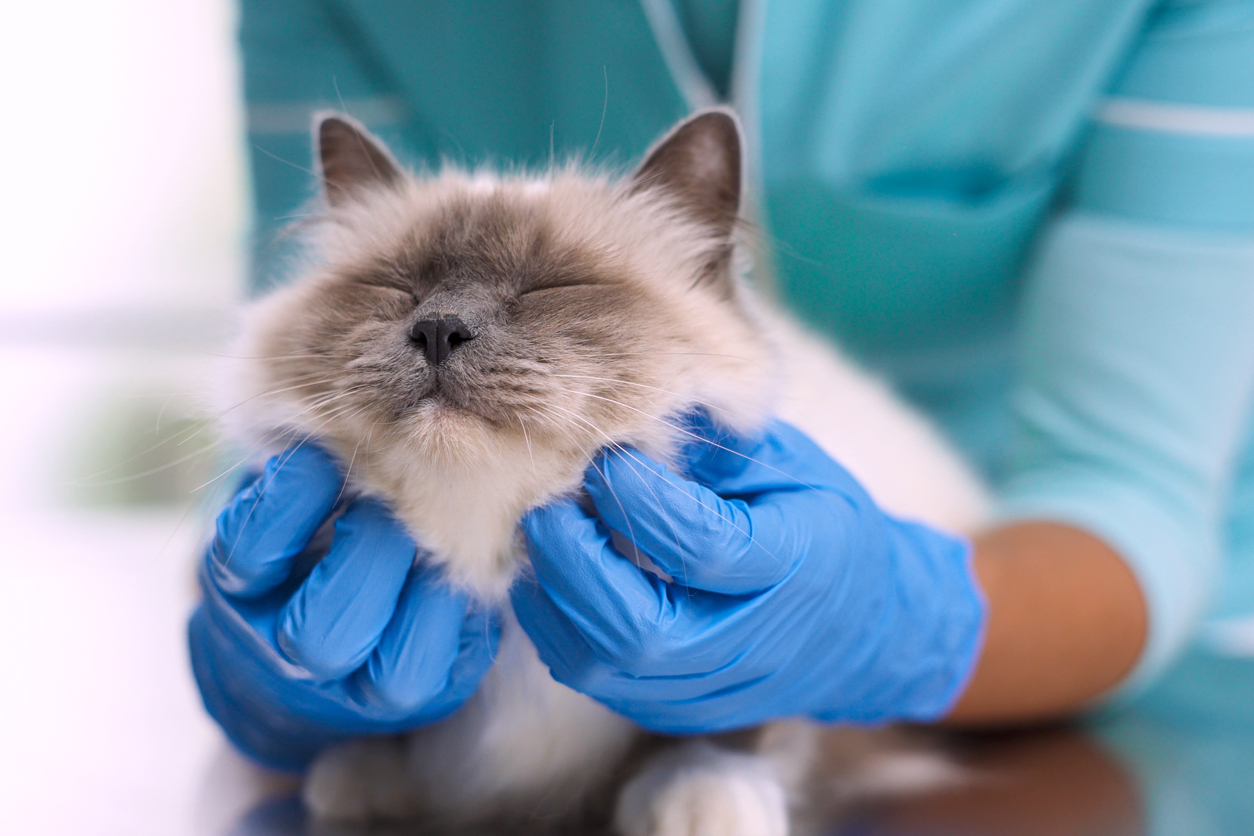Tick prevention is all year round!
Our vets in the community would like to remind pet parents that tick preventatives are not just for the summer months! With accelerating climate change, paralysis ticks, which thrive in warmer temperatures, may now be active all year round.
In line with this emerging trend and according to our data, tick paralysis claims are now being submitted throughout the year. In the year 2000, the peak period for tick paralysis claim submissions began in September and ended in December. In 2023, we saw a shift in the peak period, starting in August and ending in January 2024. What this means is that paralysis ticks are becoming active earlier in the year and staying around for longer. This reinforces the importance of year-round tick prevention and diligent, routine manual checking for all pets.

Source: PetSure claims data April 2019 – April 2024
Increased cost of living negatively impacts vet visits and pet health
Amid increasing cost-of-living pressure across Australia, a recent PetSure Survey found that more than 50% of pet parents are changing the way they are approaching their pet’s healthcare*.
In recent anecdotal data, 21.5% of pet parents have admitted to reducing the frequency of routine appointments for check-ups and preventative care and almost 13% confess to skipping treatments for fleas, ticks and worms. In light of the earlier onset and longer duration of tick season, this could signal an impending increase in the risk of tick paralysis cases seen in vet clinics.
Additionally, over 20% of pet parents have delayed taking their pet to the vet for minor treatments, illness or injury, despite many conditions having the potential to become both more complicated and costly, when not caught and treated early by a vet.
*Data obtained from independent survey of 1000 pet owners across Australia, April 2024
Vaccine shortages
Due to complicated global supply problems post-COVID, there has been a national shortage of feline vaccines, which peaked between October 2023 and February 2024.
The University of Sydney Centre for Veterinary Education (CVE) published guidelines to help the veterinary profession navigate the shortage and optimise feline health and welfare during this period. Kittens and unvaccinated cats were prioritised due to their high risk of contracting ‘vaccine preventable’ infectious disease, whilst boosters for fully vaccinated, healthy adults
were recommended to be delayed due to their lower risk profile.
Interestingly, acute respiratory disease in cats, saw an increase in the latter part of 2023 (above the seasonal norm), with the increase in claims beginning in October 2023 and peaking in January/February of 2024. There has also been a national shortage of the canine leptospirosis vaccine since late 2022, due to global manufacturing issues. This was compounded by a voluntary recall for a limited batch of leptospirosis vaccine in November 2023 in Northern QLD. Restricted supply has started to return in March 2024, but this is expected to remain inconsistent until at least 2025. Leptospirosis is not a core vaccine, but it is a bacterial infection that can be fatal if contracted. The main risk factor is exposure to rodent (specifically rat) urine, and it is also possible for people to become infected. Current recommendations are to avoid exposure to rats (including areas frequented by rats e.g. rivers) and to prevent dogs from drinking or playing in stagnant water and mud.
Advantages in injectable medications
With the rapid advance of human monoclonal antibody treatments in recent years, there are also more sophisticated medications available for dogs and cats. These medications primarily treat the pain and inflammation associated with osteoarthritis in both dogs and cats or target allergic skin conditions in dogs. They do require regular injections at the vet clinic or veterinary hospital but are an exciting new treatment modality and offer a great option for pets that are difficult to medicate orally. Broadly, this increased availability also corelates with a reduction in the more traditional use of NSAIDs (Non-Steroidal Anti-inflammatory Drugs) for pain and inflammation.
Increased ear infections in the Brisbane area
We received anecdotal comments from our Queensland vets that recent floods had coincided with an increase in ear infections. Tropical Cyclone Jasper triggered floods in the northern parts of Australia in December 2023. On investigating our data, we found that by January 2024 (the month after the floods), claims for ear infections were 30% higher than the average over the last 12 months.
Increased use of cytology diagnostics
The use of in-house diagnostic analysis for cytology samples has increased over the past 12 months. Cytology is where vets collect a sample of cells from the affected body area and examine it under a microscope. This minimally invasive diagnostic tool can be used to identify many diseases, including infections, inflammation, and cancer. It provides rapid results, but it also has it’s limitations compared to surgical biopsy. From January 2023 to January 2024 treatment claims for Cytology increased by 20%. While it’s possible that this is related to cost-of-living pressures, more investigation is required to confirm underlying reasons.
Pet insurance can help by covering a portion of the eligible vet bill if the unexpected happens. Because it is difficult to predict the costs of veterinary care, it can help to have measures in place to help prepare for the unexpected. Check out our partner network and explore our policy tools to find a pet insurance policy.
Not all conditions or items are covered by Pet Insurance. Refer to the applicable Product Disclosure Statement for information about coverage and exclusions.



 Fact checked
Fact checked





